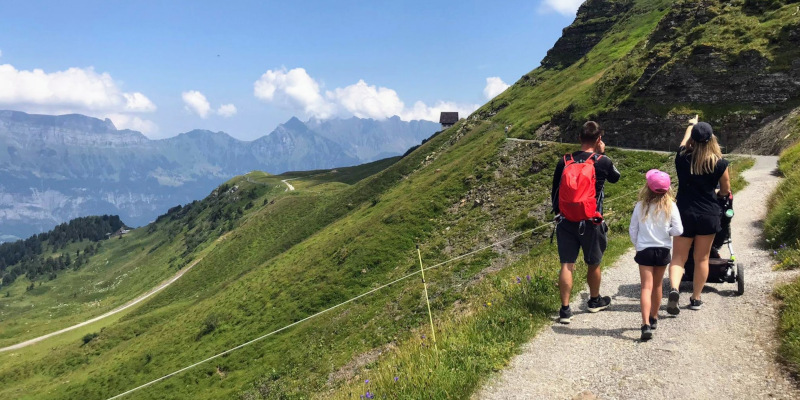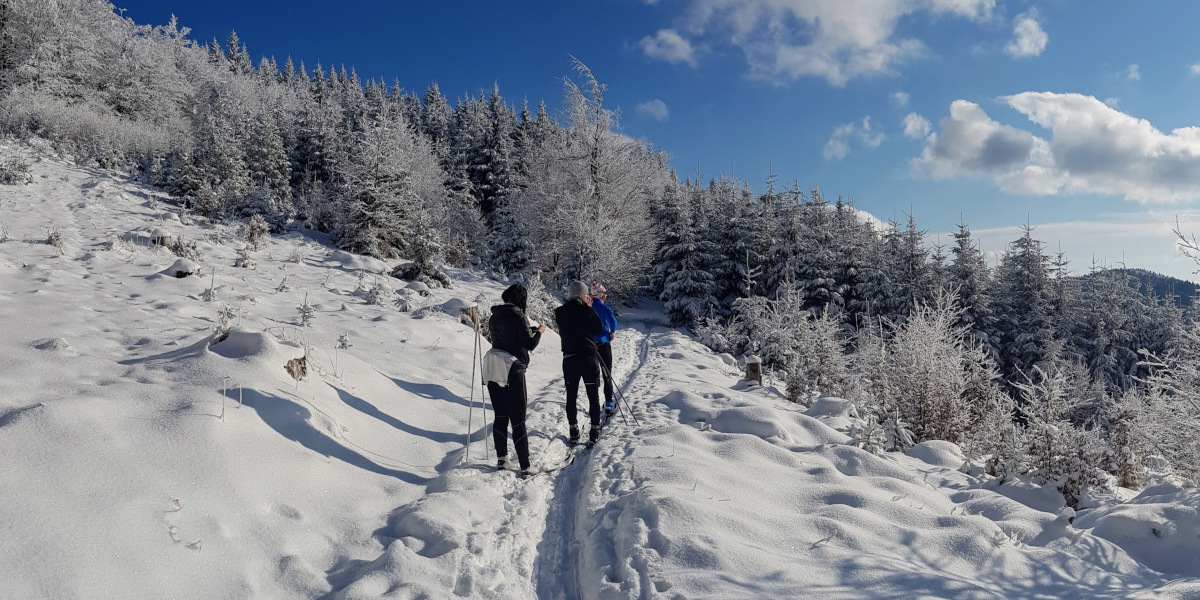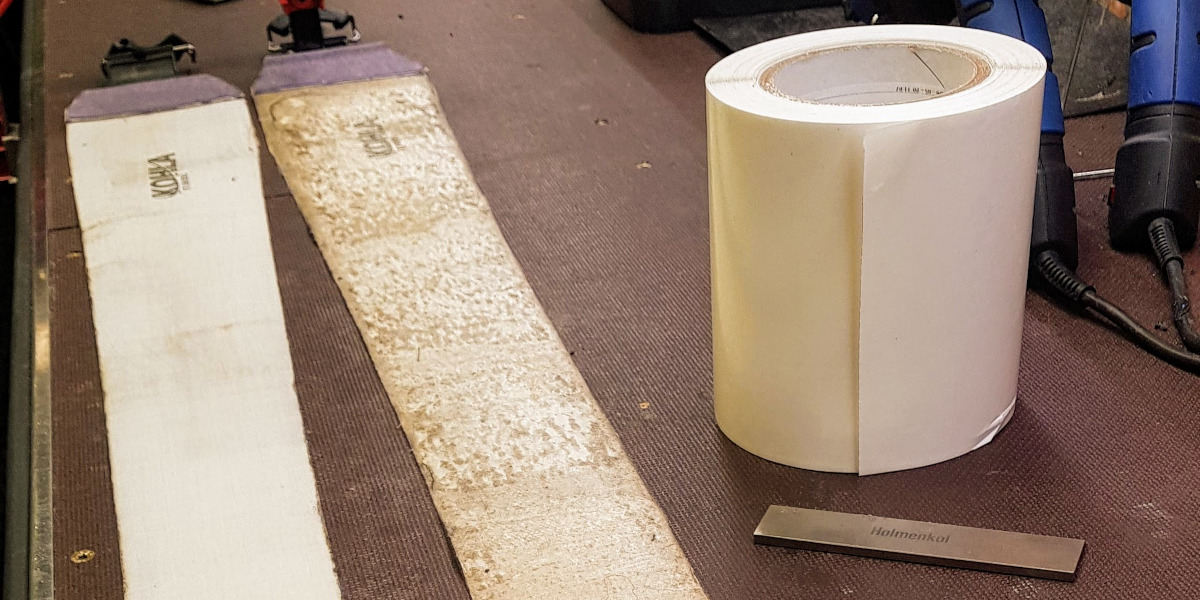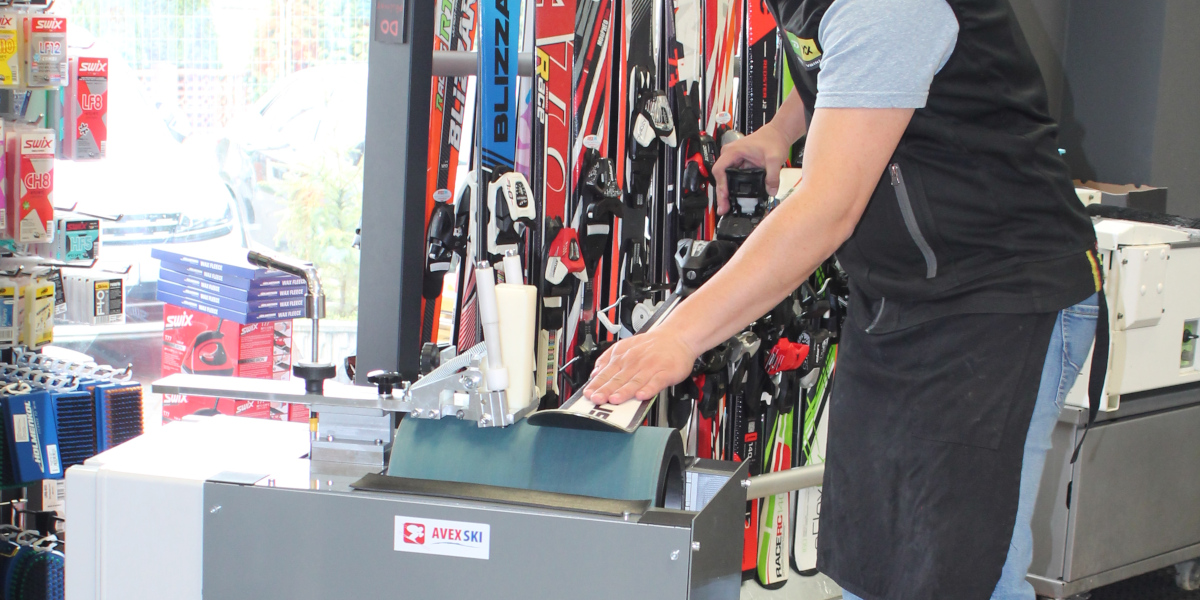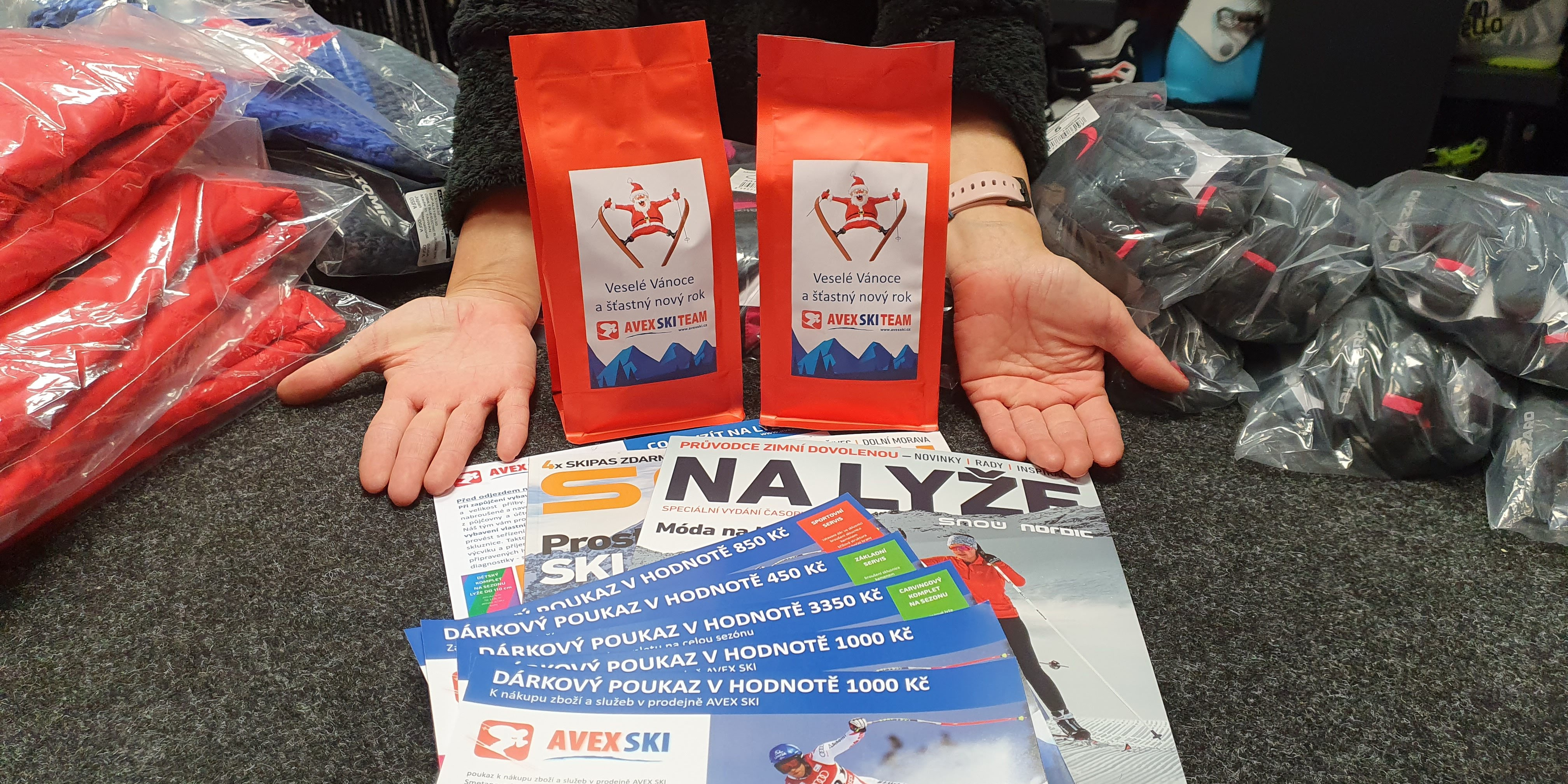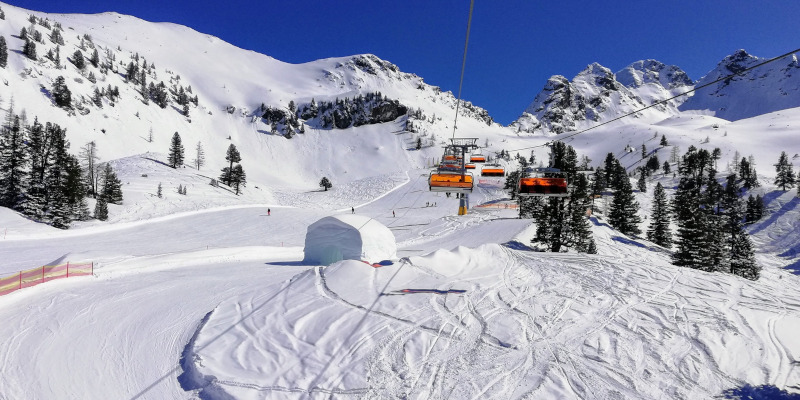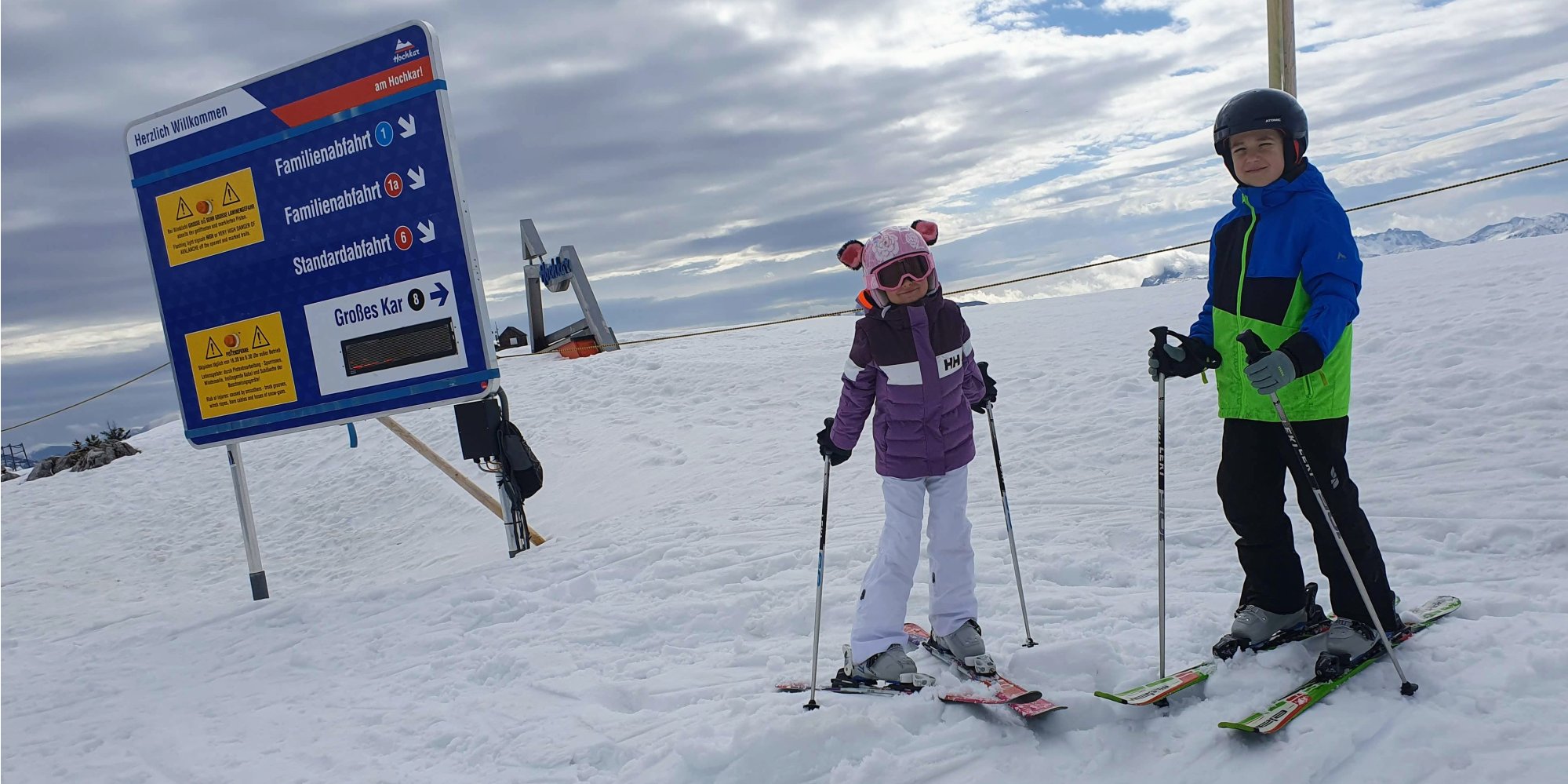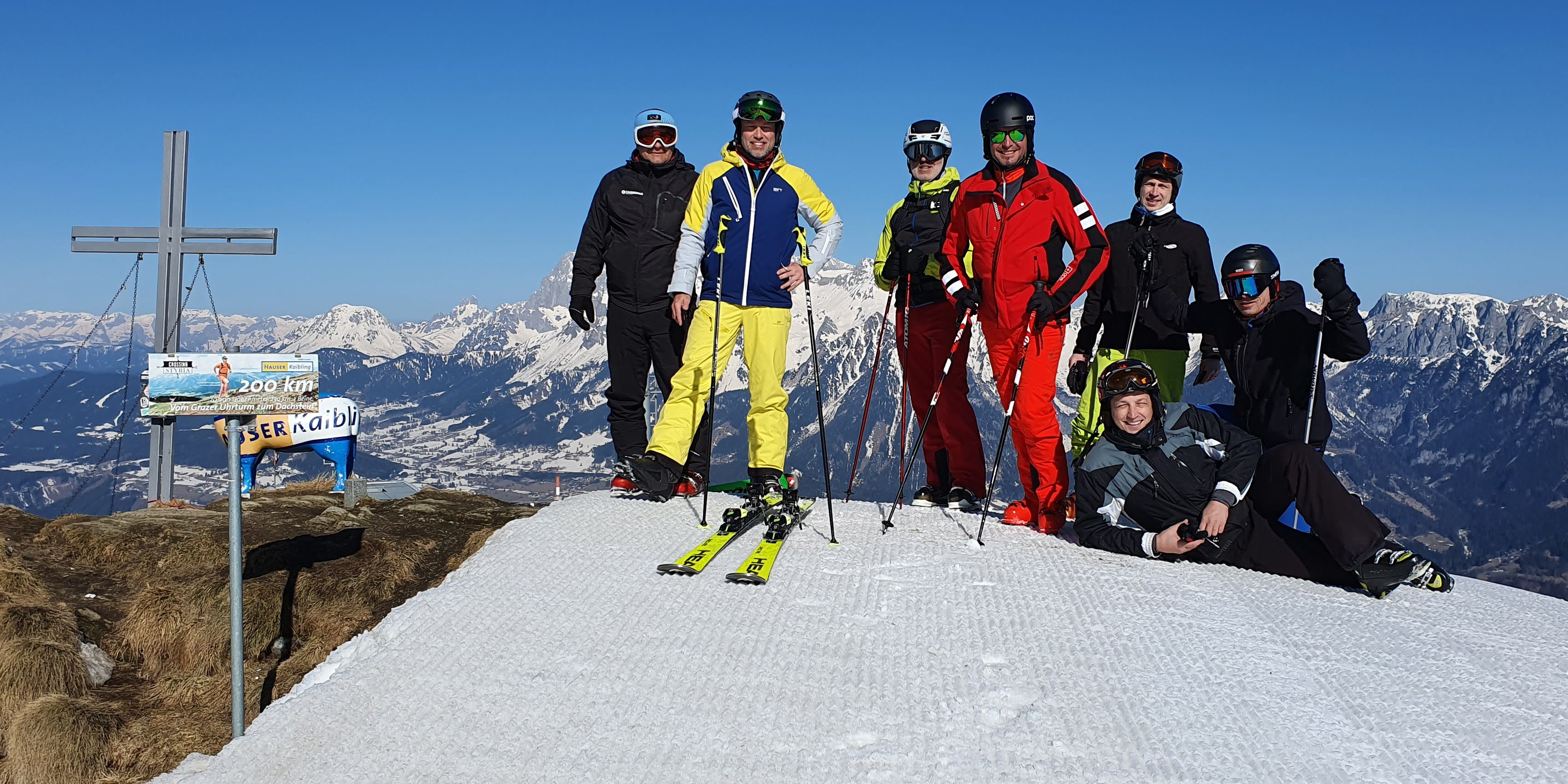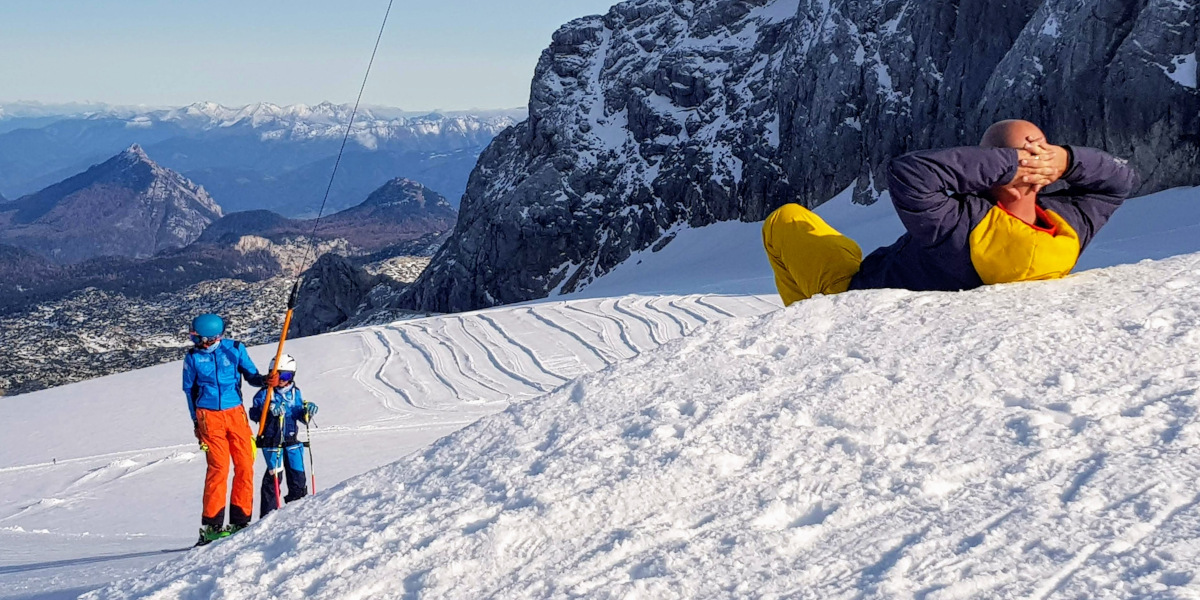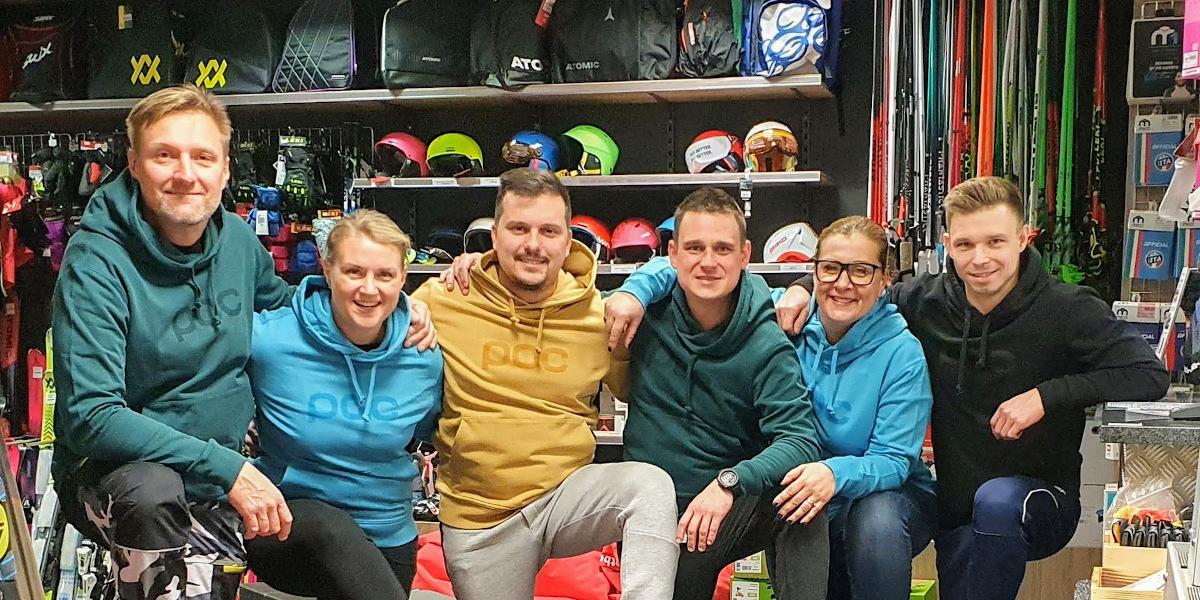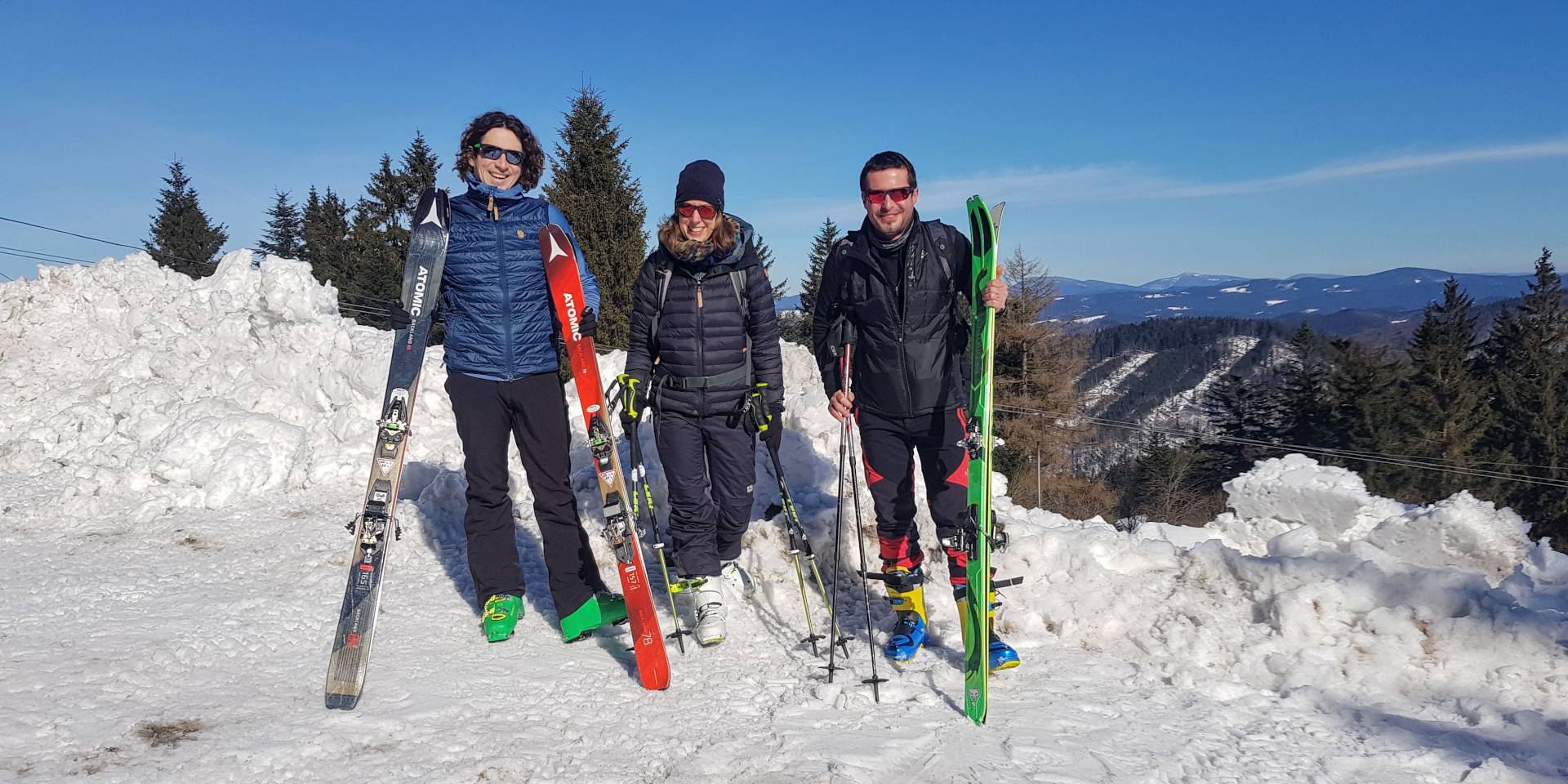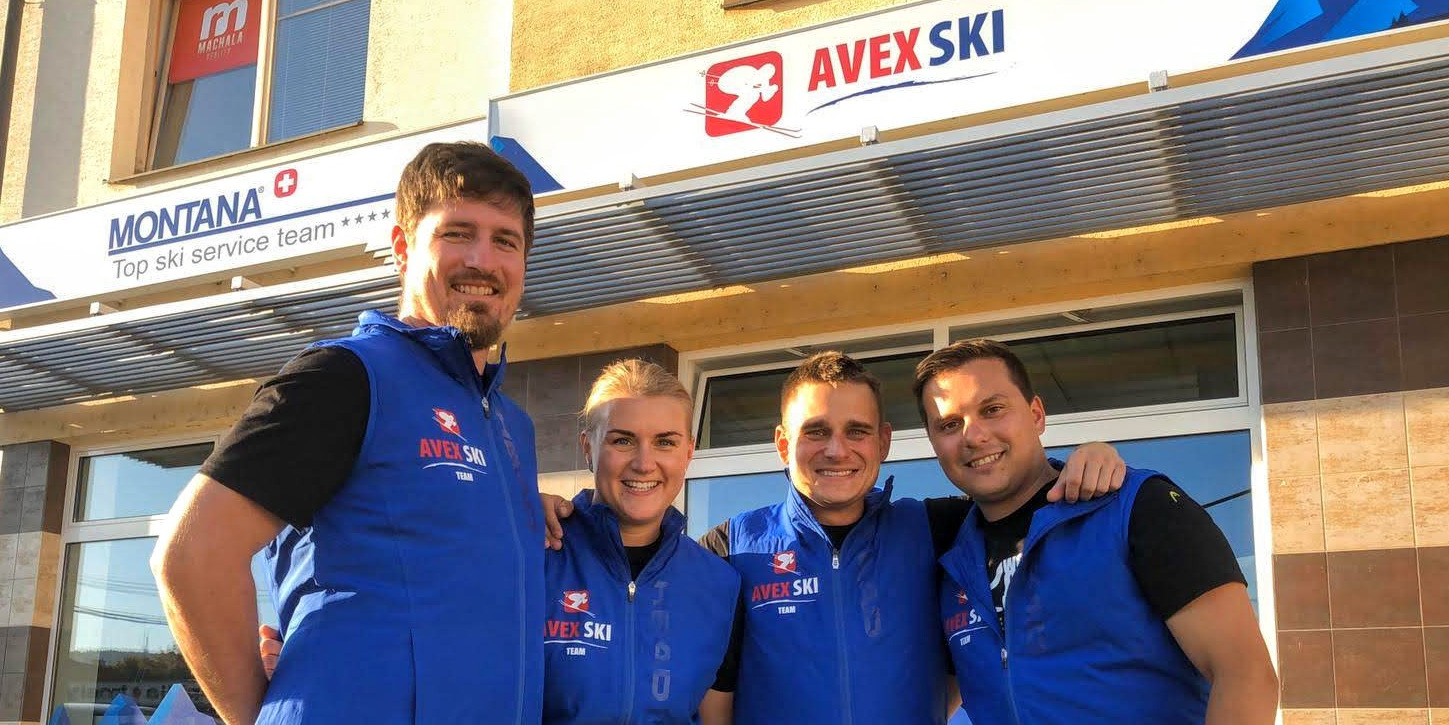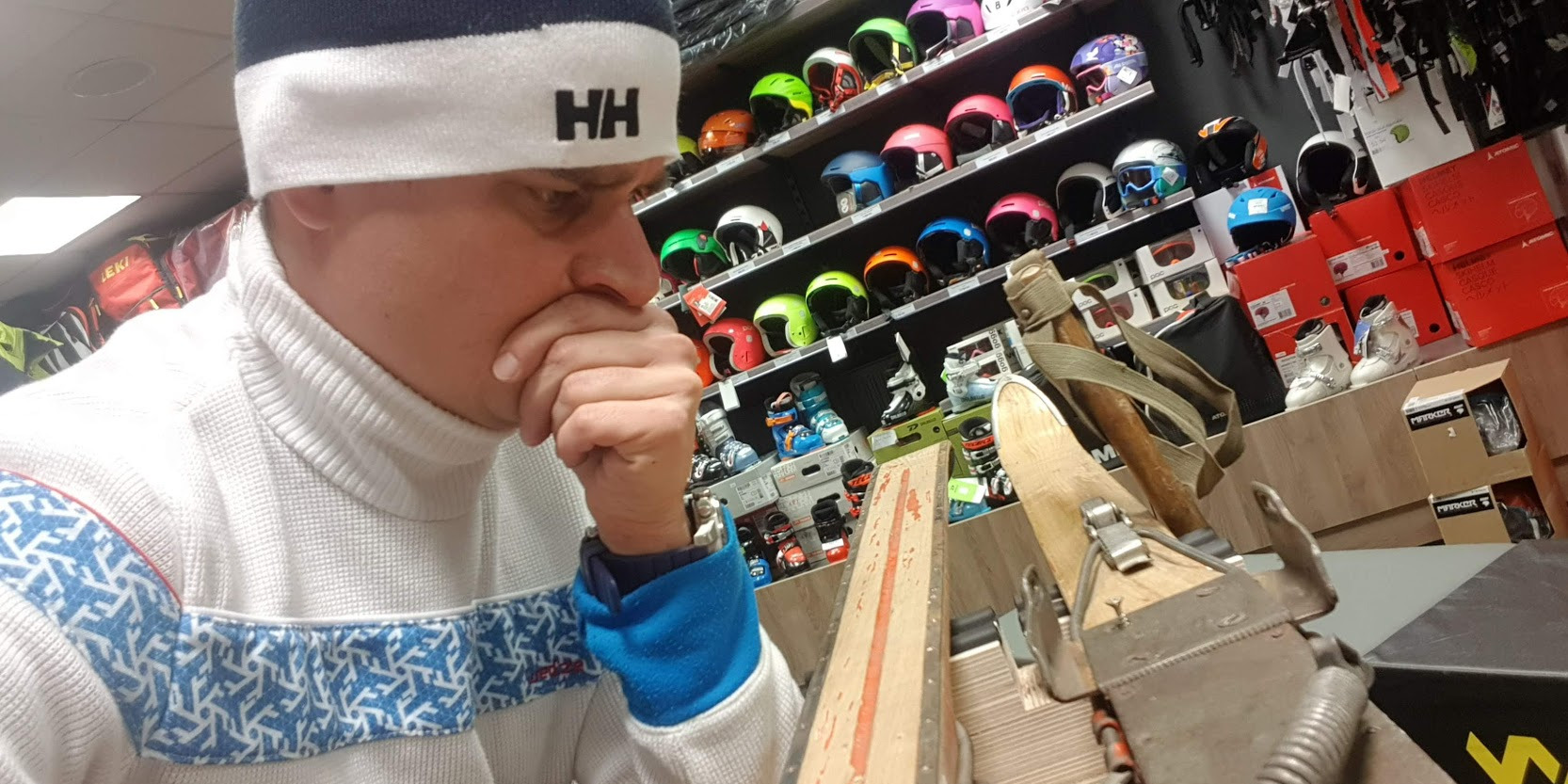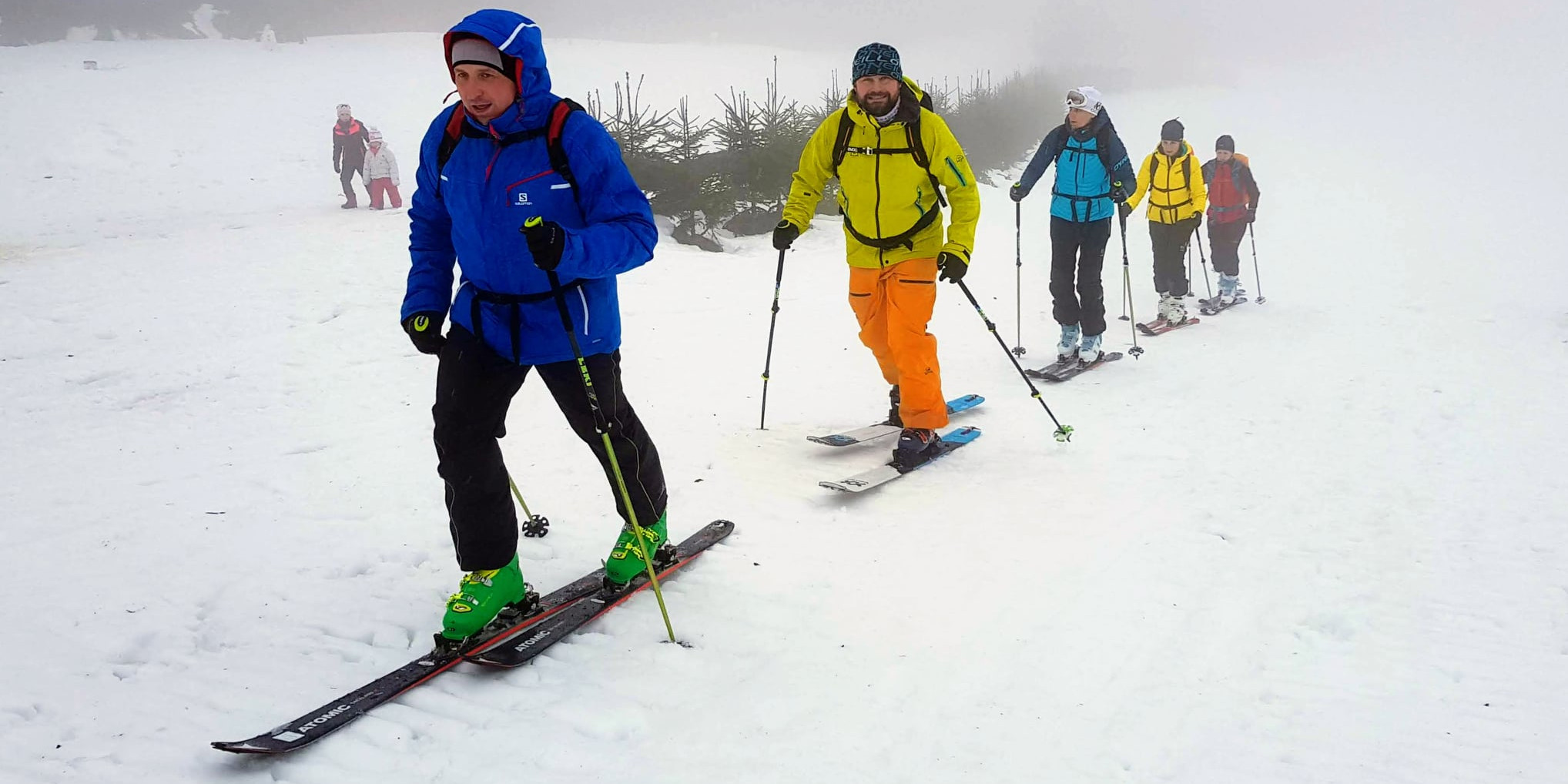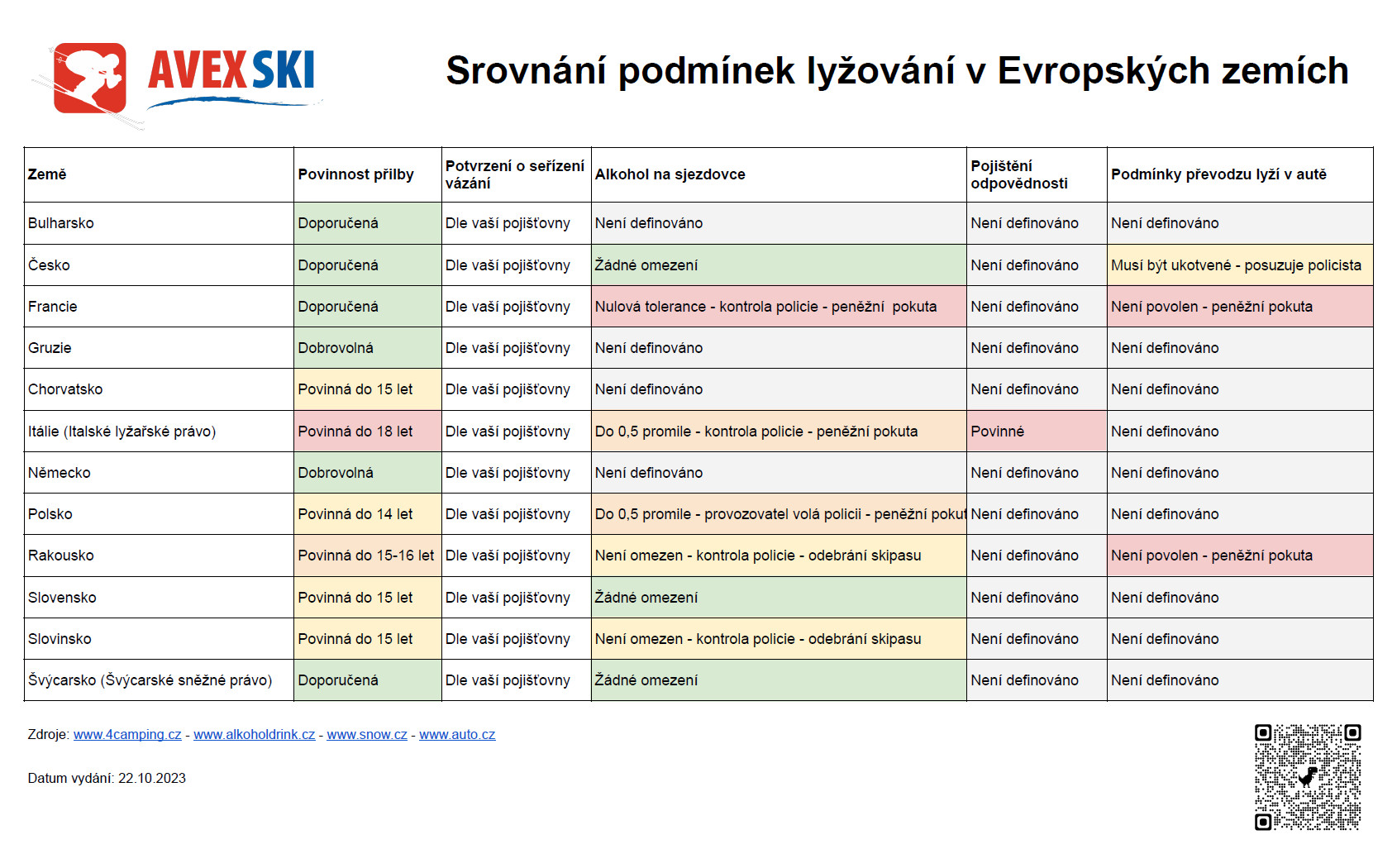ZLÍN – Although the Czech Republic offers many great ski resorts, every year many Czechs also go abroad in the winter. Some are not allowed to go to the slopes in Austria or Italy, others try ski resorts in Poland, but also Bulgaria or Georgia.

No matter where you go skiing, you need to know the rules and laws that apply to skiing in that country. For example, do you know where a ski helmet is mandatory? And where can you get a hefty fine for transporting skis in a car?
There is no doubt that it is advisable to adjust your bindings before skiing. This ensures safe driving and can prevent unnecessary accidents. "Ski centers do not require proof of binding adjustment itself. However, the situation is different from the side of insurance companies, which very often condition the recognition of any insurance event. That's why we definitely recommend every skier to check with his insurance company what he has to do in order to be 100% insured," stated Robert Šperka for AVEX SKI. Regarding insurance, you should also be careful if you are heading to Italy. It is here that they require every skier to have liability insurance.
Drinking alcohol on the slopes is a separate chapter. While alcohol on the slopes is not restricted in the Czech Republic, Slovakia or Switzerland, the situation is somewhat more complicated in Austria and Slovenia. The resorts themselves in these countries do not restrict alcohol on the slopes, but the police already have a stricter meter, and if they find a skier drunk during a random check, they will confiscate his ski pass without hesitation. In France, there is a zero tolerance for alcohol among skiers, and once the police find a violation of the ban, they do not hesitate to issue a financial fine. In Italy and Poland, a skier can have up to 0.5 percent of alcohol in his blood. In Italy, compliance with the alcohol limit is monitored by the police, who hand out fines if the tolerance is violated. In Poland, drunk skiers are noticed by the operator of the ski area, who in case of doubt calls the police and they again fine the drunks.
Many Czechs are used to driving skis directly in the car. But even this habit may not pay off. Even in the country, skis transported inside the car must be properly anchored, which will be assessed by a police officer in the event of a roadside inspection. In Austria or France, you can immediately forget about transporting skis in the car. The police would give you an uncompromising fine for this.
And what about a ski helmet? Ideally, everyone should have one, because it can save your life in the event of a collision. However, from the point of view of official legislation, it is required by the age of 15 in Croatia, Austria, Slovakia and Slovenia. In Poland, it must be worn by children up to 14 years of age and in Italy until the age of majority, i.e. up to 18 years of age. In other countries, they only recommend wearing it.
In any case, it is worth checking the information regarding the rules related to skiing before each trip. In Switzerland and Italy there is a special ski law, in France everything is covered in the civil code. And remember, the saying that ignorance of the law is no excuse, applies in all countries!


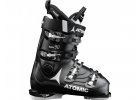

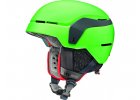
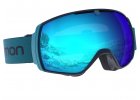
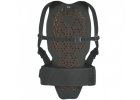

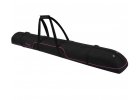


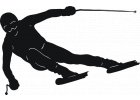


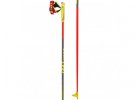
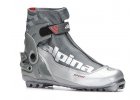
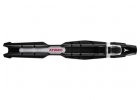





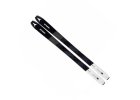
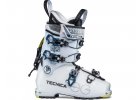
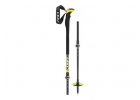



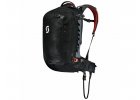

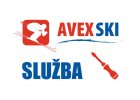







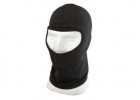


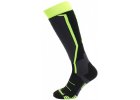




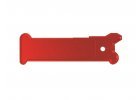





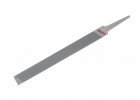



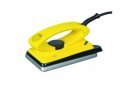



















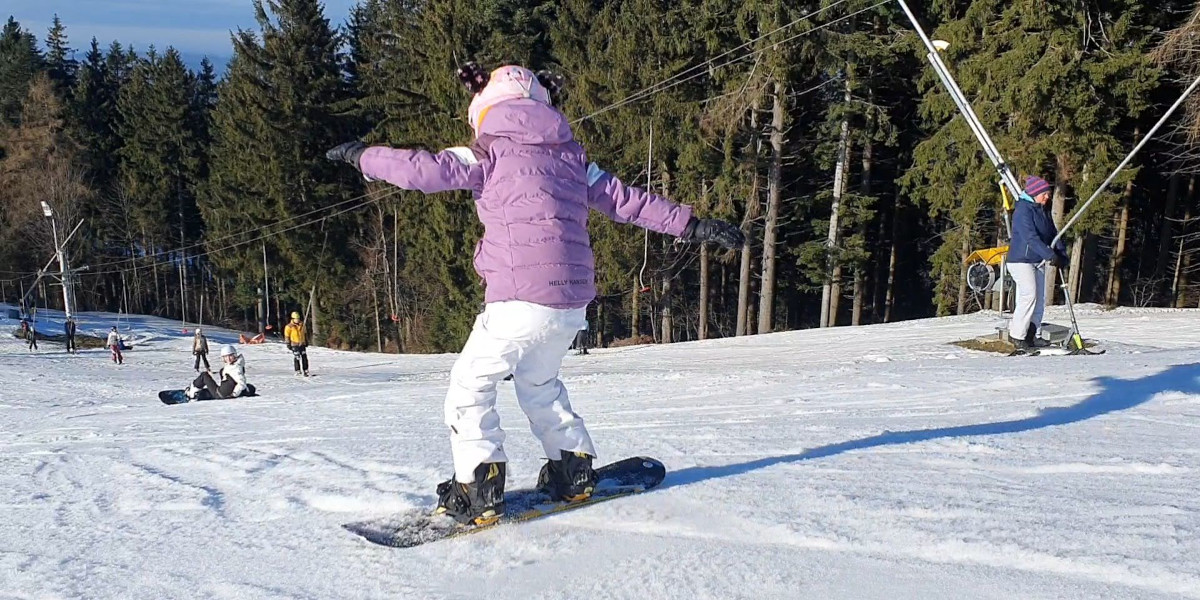
-4.jpg)
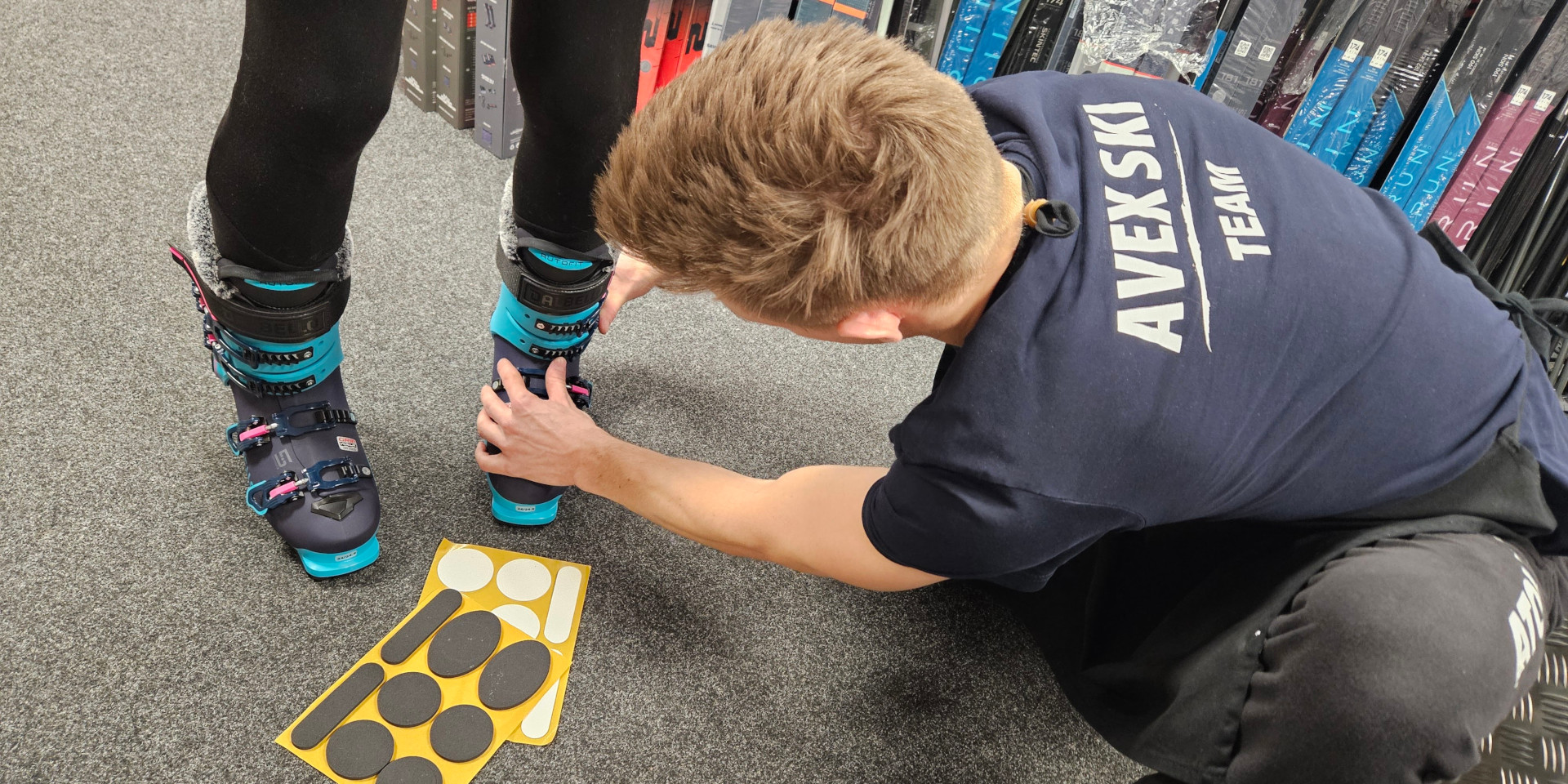
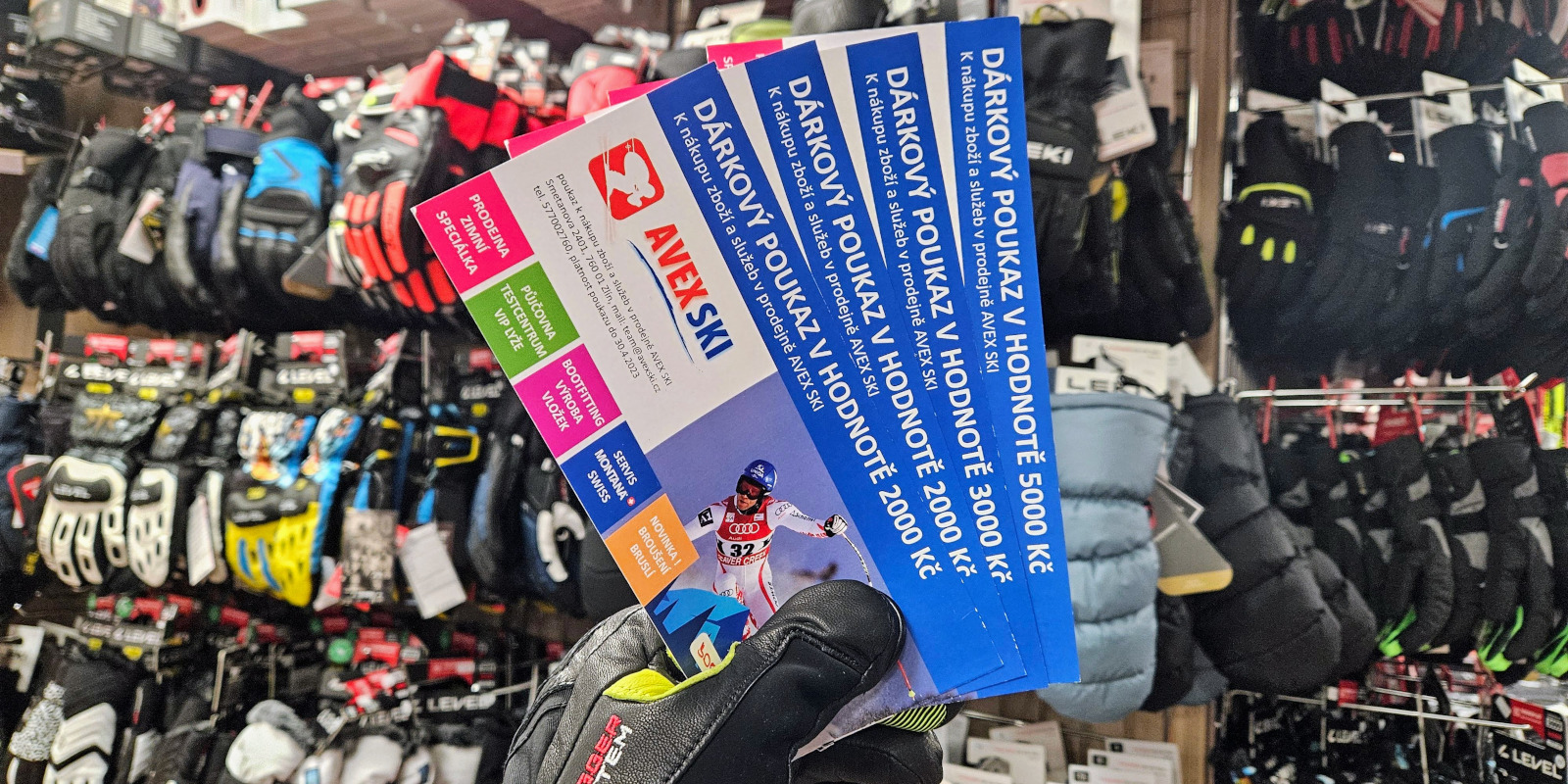
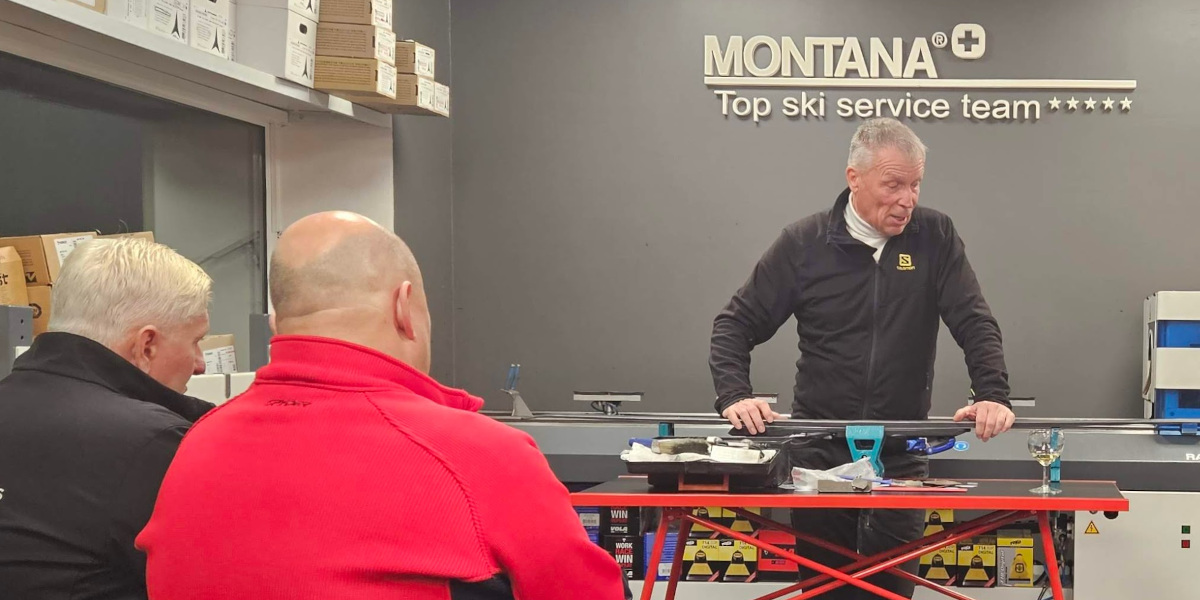
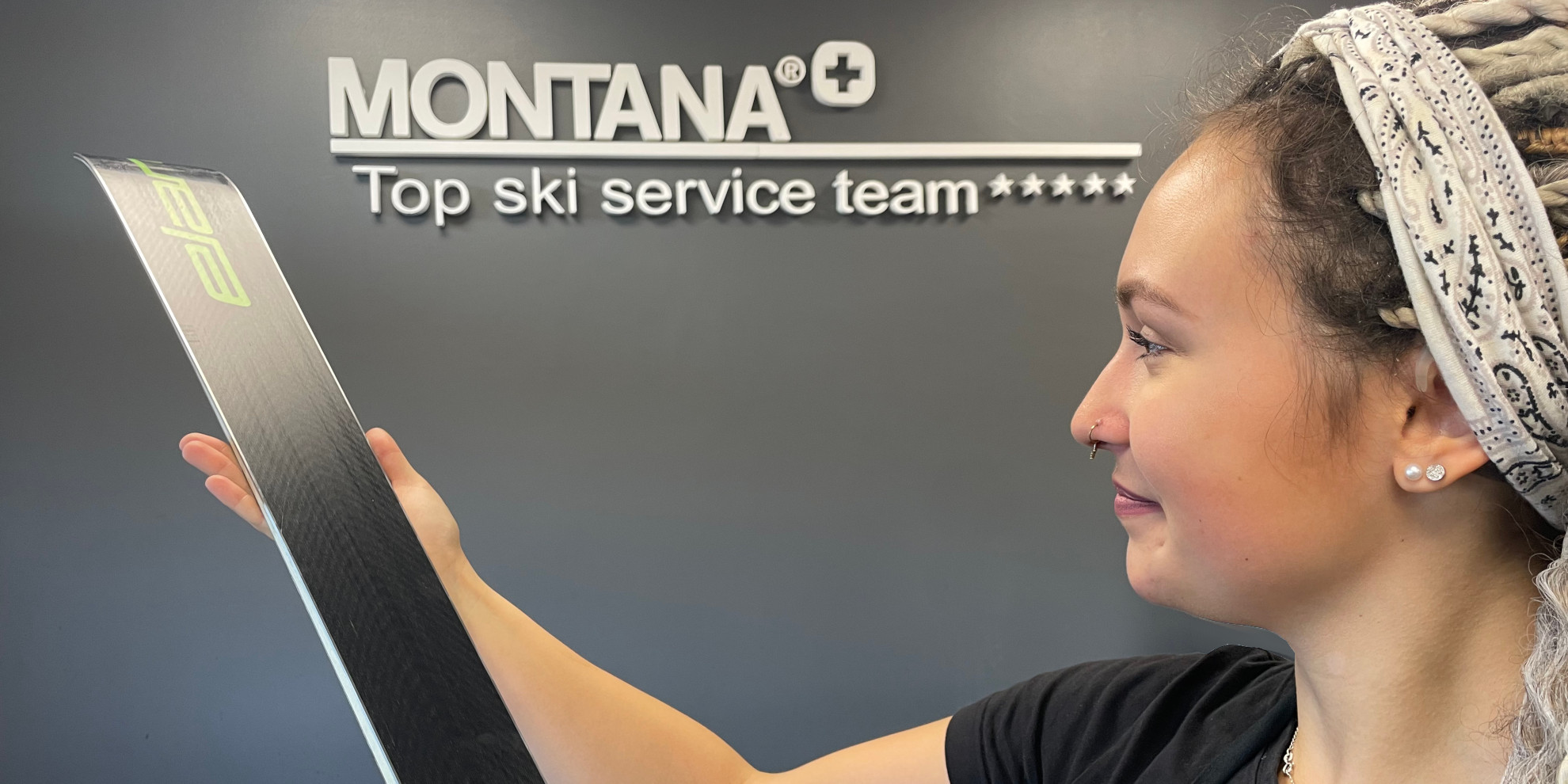


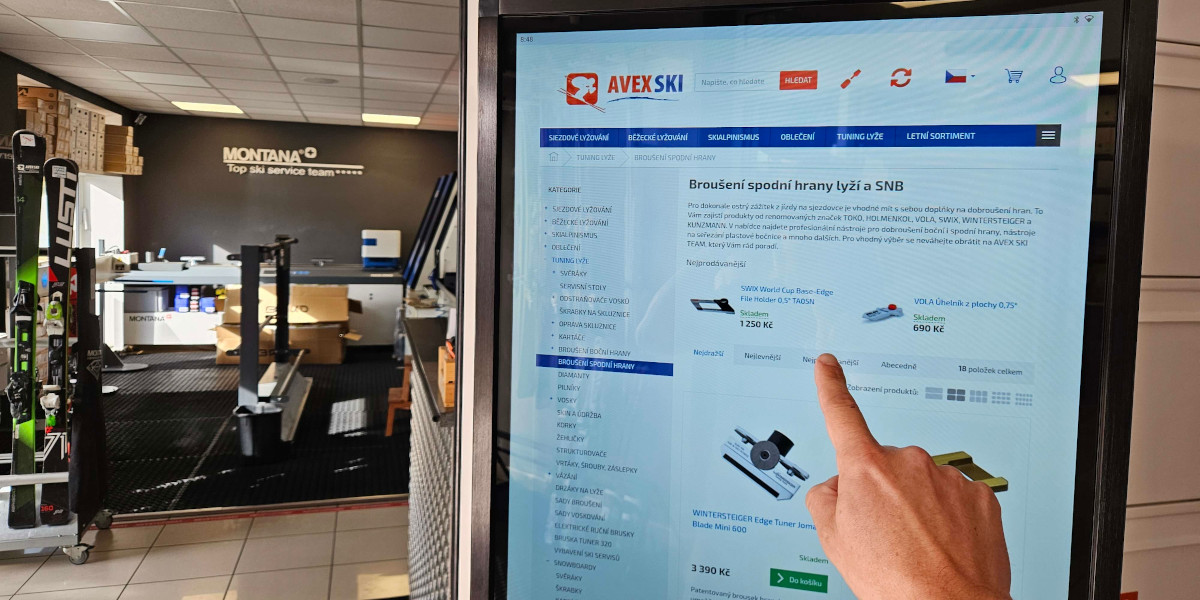
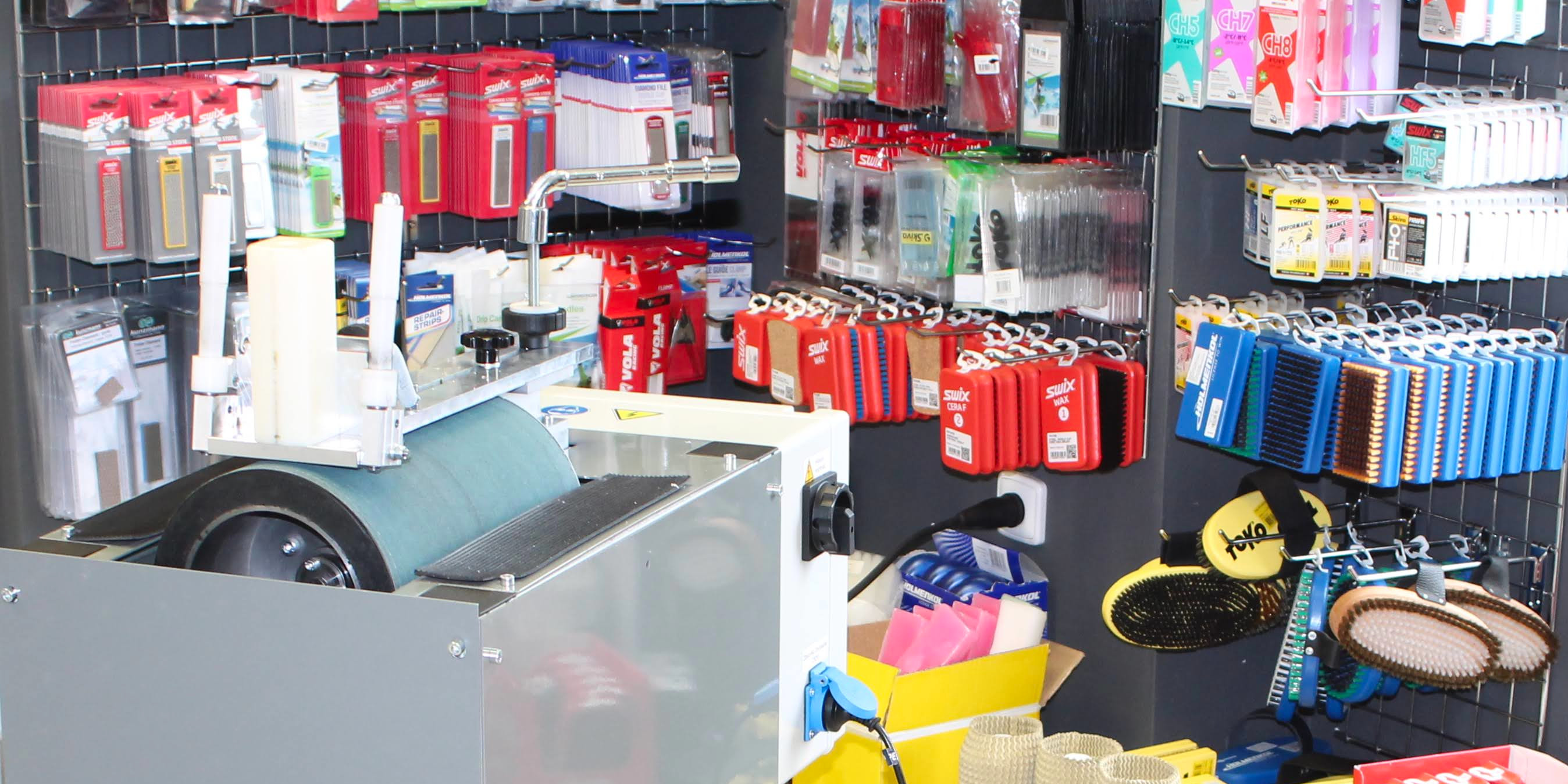
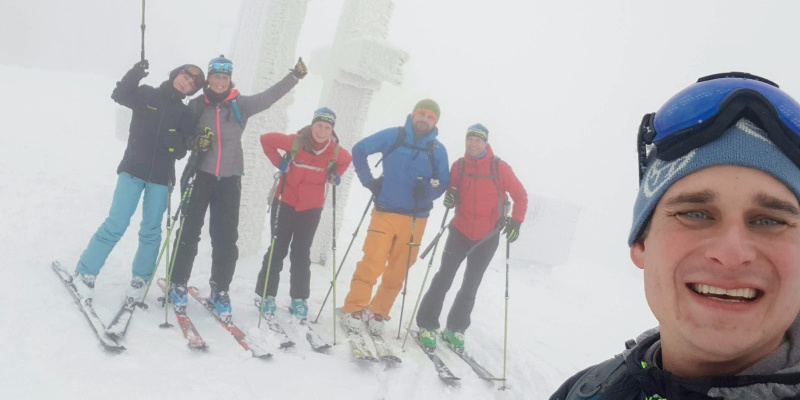
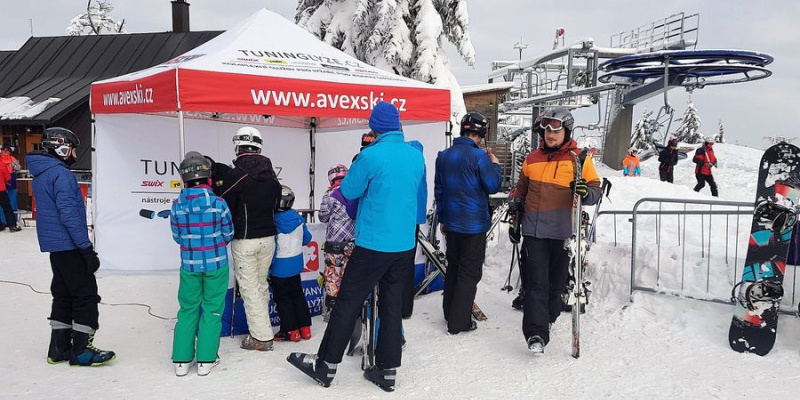
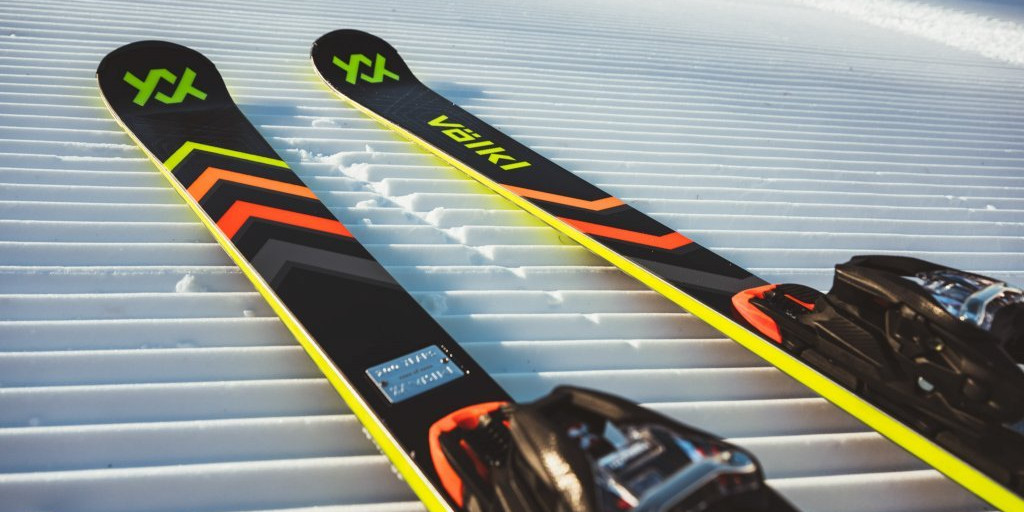

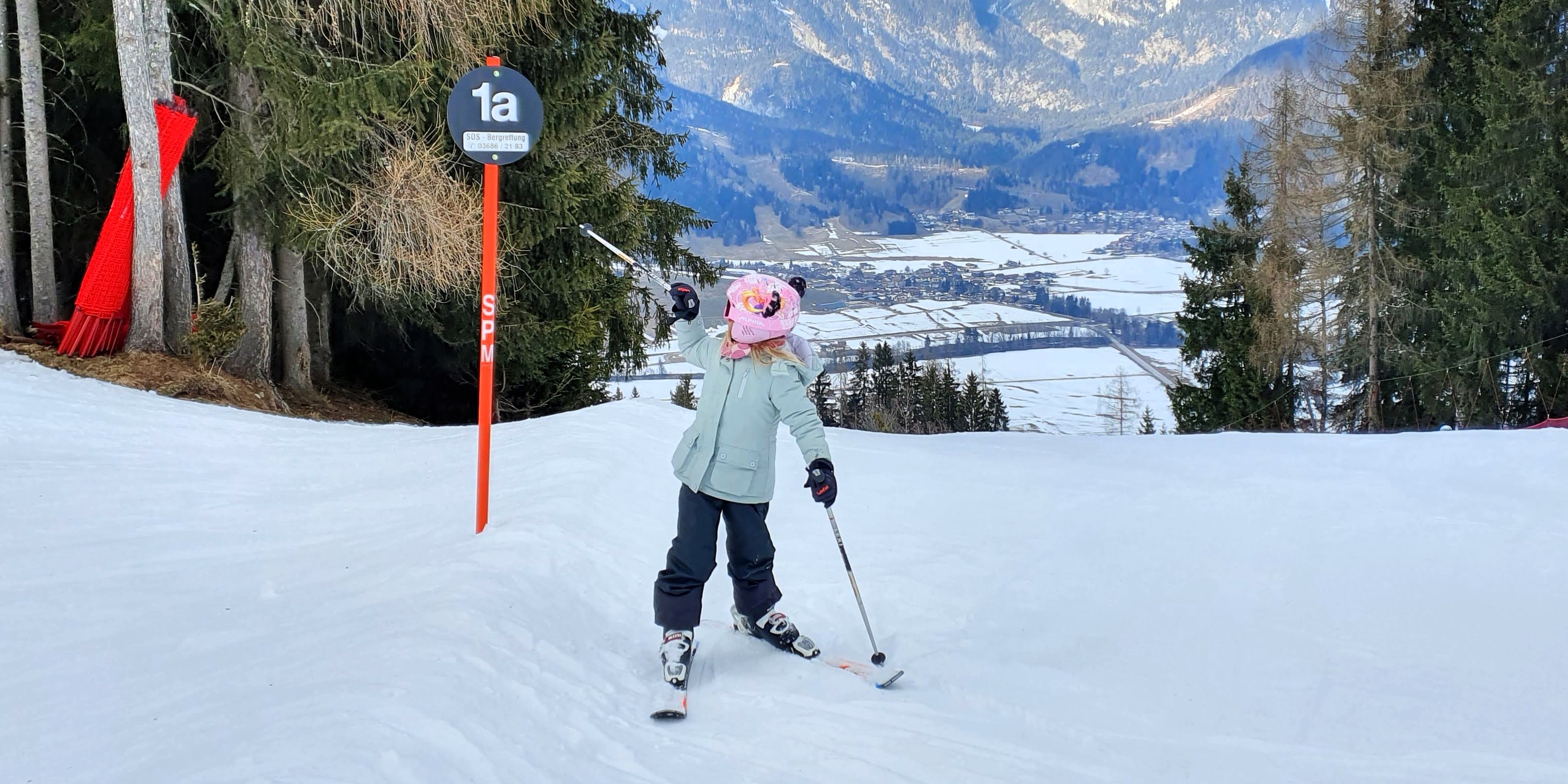
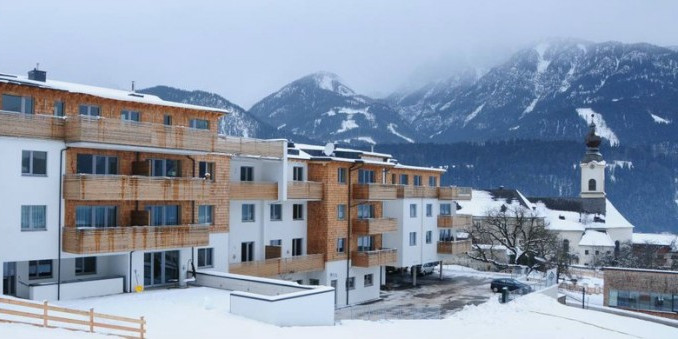
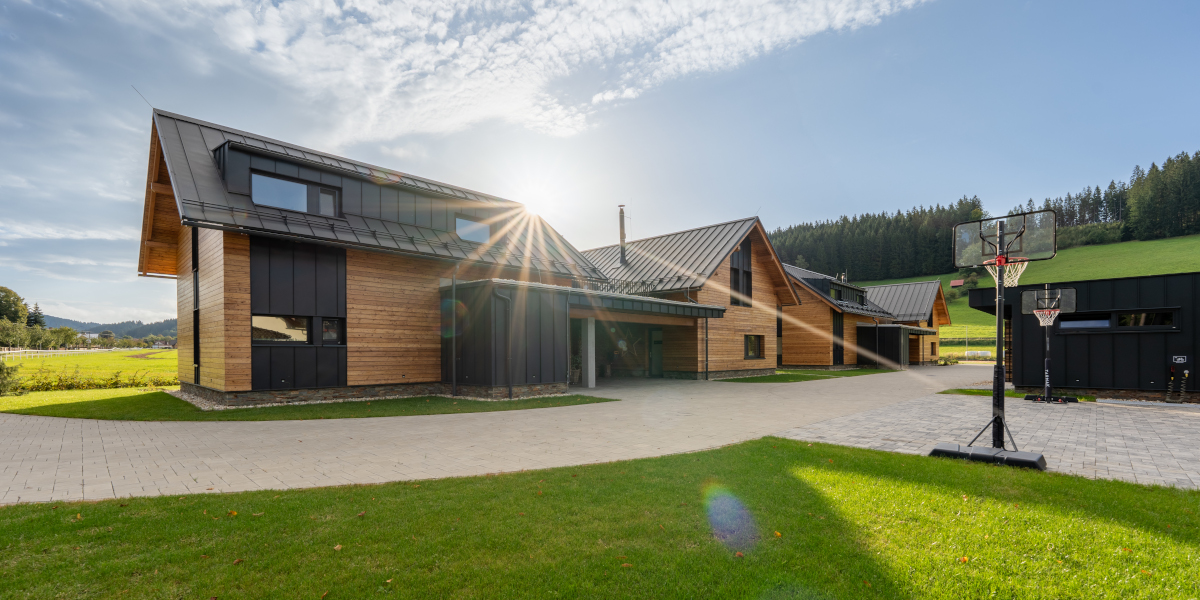
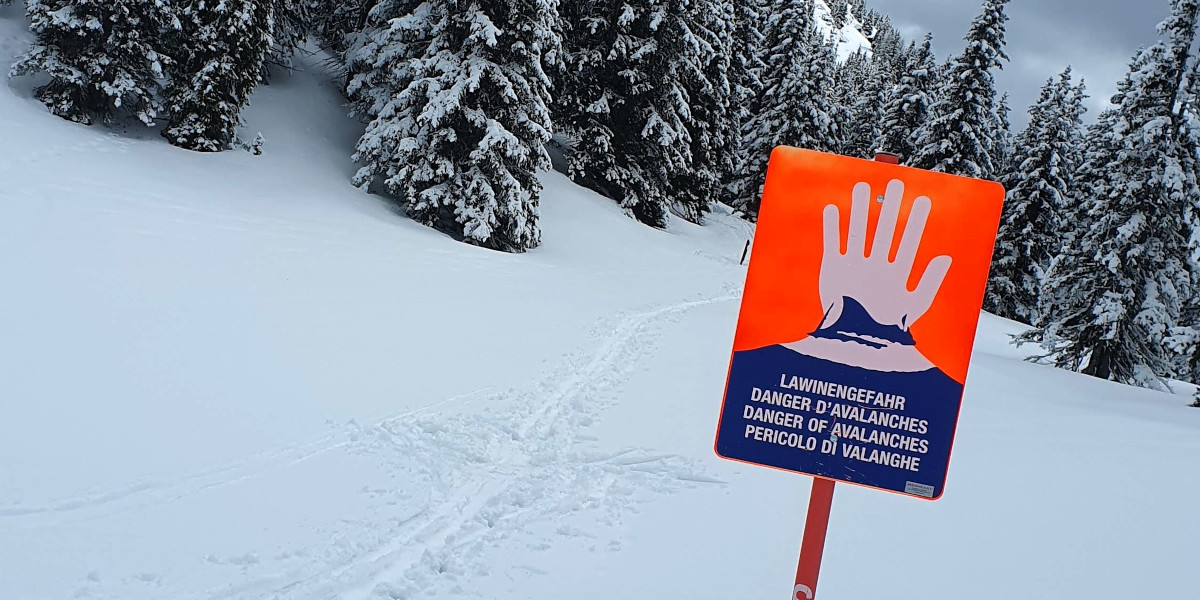
.jpg)
